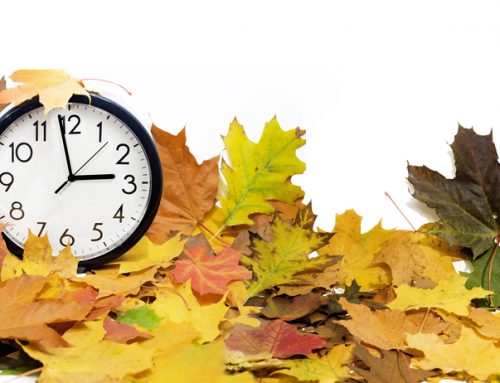As the clocks change, we look at the effects daylight saving has on shift workers.
Get ready to lose an hour, again
Twice a year the clocks change – meaning less time in bed for some shift workers, or less time at work for others.
Although this bi-annual hour change is ingrained in our lives, it’s surprising how the change of an hour can have a such a large impact on our body clocks and our health.
Changing the Circadian Rhythm
Sleeping issues are a very common problem. Many people struggle to get sleep at a regular hour, then spend their workdays exhausted. For shift workers, this pattern is usually exaggerated. Our internal 24-hour clock – known as our circadian rhythm – takes time to adjust to any change in our or sleep pattern. It can be affected for weeks following a time change or change in shifts.
The results can be fatigue and metabolic disturbances. These in turn lead to other major health problems.
According to research, changing or disturbing our circadian rhythm by even an hour can be a drastic event with potential health consequences. These include:
1. Increased risk of heart attack
2. Increased rate of traffic accidents
3. Greater risk of workplace injuries
4. Reduced workplace productivity
This is the reality for thousands of shift workers. Many are left with feelings of chronic fatigue, due, simply, to the change in morning and evening light levels and a minor shift in sleeping patterns.
Why is it so difficult to adjust to Daylight Saving?
Talk to many people, and they will tell you that they adjust quickly to a change in sleep pattern after daylight saving comes in, or goes out.
But a US study in 2007 suggested that when there is a shift of just an hour, sleep patterns were still being disrupted eight weeks later.
Our circadian rhythms are heavily dependent on a regular sleep pattern. This is what regulates our alertness, immune response, activity levels and hormone secretion patterns, as well as a host of other functions. Where this schedule is disrupted, such as with a change in shift patterns, or an over exposure to artificial lighting, it can wreak some havoc on that system.
Is Sleep Disturbance Dangerous?
There is evidence that many people are left exhausted and sleep deprived by the change in clocks for daylight saving. This can have big consequences for health and safety.
Sleep deprivation has been linked to accidents at work and on the road. In addition the shift in the circadian rhythm can also affect individual health.
Heart attacks increase sharply in the few weeks after clocks spring forward. And long term sleep disturbances may even lead to cancer and heart disease.
Adjusting to a Change in Daylight Saving? Why not try camping?
The cause of most problems is the exposure to light or darkness at the right times. It’s this that generally causes our bodies to produce hormones, particularly melatonin, which tell us when we should be awake and alert or asleep.
The best way to adjust to a new sleep pattern, even one with just an hour’s change, is to adjust the light levels prior to sleep.
According to one study, the most effective way to reset your schedule so you wake sometime around sunrise and go to sleep soon after sunset is to go camping!
For most of us, this just isn’t an option, but there are less extreme methods that work too.
1. Drink less coffee and tea for a few days before and after the change in the clocks, and when changing a shift pattern.
You may feel as though you need the coffee to get you going in the morning, especially after the clocks have changed. But caffeine in general doesn’t help your natural sleep cycle to adapt quickly to the change in hour.
2. Begin going to bed and waking 15 minutes to a half hour earlier during the week before the time change.
Slowly moving your sleeping pattern can be the simplest way to help yourself adjust slowly for daylight saving. Rather than throwing yourself in and hoping for the best.
3. Try to relax in the hour before bed.
Cut out using screens before sleeping. Drink a non-caffeine drink or have a hot bath will help you cope when losing hours.
4. Expose yourself to bright light immediately upon waking and to dim light or darkness about an hour before you plan to go to bed.
Research has shown that using a mobile phone screen, for example, before going to bed greatly changes your circadian rhythm and has a positively detrimental effect.
As we all know, shift work in general is not conducive to getting the full rest we need. The addition of Daylight Saving can be an extra challenge to the circadian rhythm.
For your own health and to remain safe on the roads and the workplace, it’s worth taking the time and making the effort to make sure your sleep pattern suffers the least disturbance possible.
By using My Shift Planner, you can keep track of your working hours much more easily, and plan to have proper rest time and relaxation. With better management of your time, you can be healthier and happier too.
Download My Shift Planner to help you take control of your shift work life






